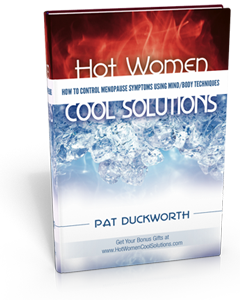Since I wrote my last blog, which outlined foods you could eat to help to lower your risk of breast cancer, women have been asking me if there are any foods or drinks that they should reduce or avoid.
Maintaining a healthy weight is essential for lowering your risk of cancer. Being overweight significantly increases your risk of developing breast cancer.
The World Cancer Research Fund (WCRF) has identified a number of factors that can help to reduce cancer, including breast cancer. Their recommendations include:
- Avoiding sugary drinks and foods for example fizzy soft drinks, burgers, milkshakes, breakfast bars, cakes and biscuits
- Reducing foods that are low in fibre and high in salt. Salt is often ‘hidden’ in processed and packaged foods including breakfast cereals, canned foods and crisps.
- Limiting consumption of red meats and avoiding processed meats
Some nutritionists recommend limiting or eliminating dairy foods from your diet. There are two reasons for this. Firstly, cows are milked while they are pregnant and milk obtained in this way is high in a substance called IGF-1 (insulin-like growth factor). This is known to stimulate cells to divide and multiply and it has been implicated in breast cancer. Secondly, milk obtained from pregnant cows contains higher levels of oestrogen which is a risk factor for breast cancer. You can get all of the calcium you need from a good helping of green vegetables every day.
Limiting your intake of alcohol is a strong recommendation. Alcohol is a source of sugar and empty calories. It can also stop you from noticing how much you are eating. A woman’s chances of breast cancer increase by 6 per cent with every regular extra daily drink.
Finally, if you are a smoker seek help to stop as soon as you can. Cigarette smoking increases your risk of breast cancer. It has also been found that secondary smoke is far worse for women than men. So if you have a partner who smokes, encourage them to stop too.
For more information on nutrition see:
World Cancer Research Fund www.wcrf.org
Pink Ribbon International http://www.pinkribbon.org/Anticancer/Food/tabid/443/Default.aspx
Natural Solutions to Menopause, Marilyn Glenville, Rodale 2011
